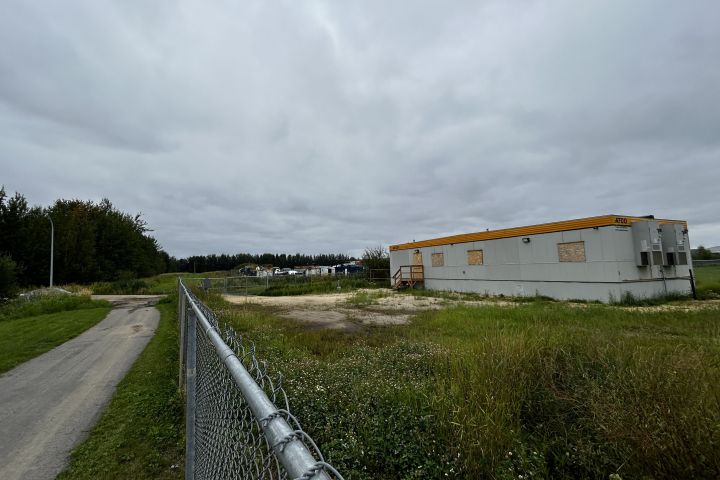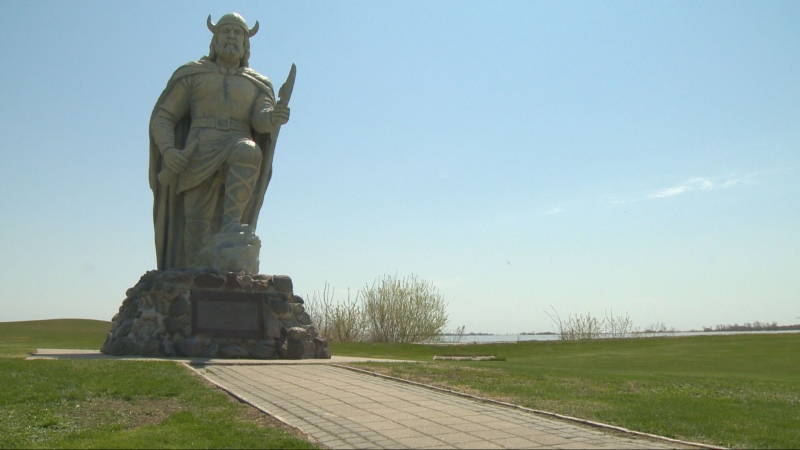Slave Lake residents are expressing their concerns and disappointment after the announcement of the closure of the town’s only homeless shelter.
The news of the shelter’s closure was first made public by the Slave Lake Native Friendship Centre, which operates the shelter. According to the centre’s executive director, the decision to close the shelter was due to a lack of funding and resources.
This announcement has sparked a wave of reactions from the community, with many expressing their worries about the impact it will have on the town’s homeless population.
One resident, who wished to remain anonymous, shared their thoughts on the closure, stating, “It’s heartbreaking to hear that the shelter is closing. It provided a safe and warm place for those in need, and now they will have nowhere to go.”
Others have also expressed their concerns about the potential increase in homelessness and the lack of support for vulnerable individuals in the town.
In response to the closure, the town’s mayor, Tyler Warman, stated that the news was unexpected and that the town council will be looking into potential solutions to address the issue.
“We are aware of the closure of the homeless shelter and are currently exploring options to support those who will be affected by this closure,” Mayor Warman said in a statement.
The Slave Lake Native Friendship Centre has been operating the shelter for over 20 years, providing a safe haven for those in need. The closure of the shelter will not only impact the homeless population but also the centre’s staff and volunteers who have dedicated their time and efforts to support the community.
The centre’s executive director has stated that they will continue to provide support and resources to those in need, despite the closure of the shelter.
The closure of the only homeless shelter in Slave Lake has shed light on the ongoing issue of homelessness in small towns and the lack of resources available to support vulnerable individuals. It is a reminder that more needs to be done to address this issue and provide adequate support for those in need.




